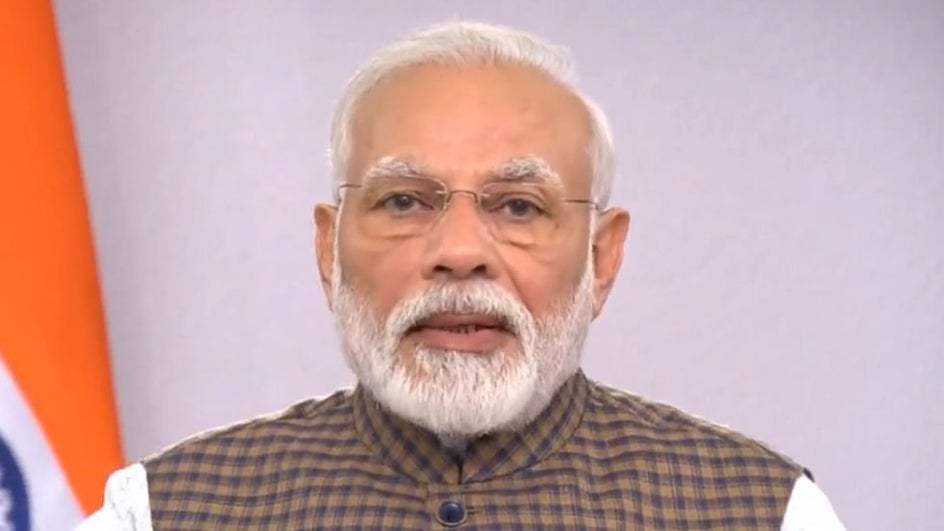On March 4, 2020, Narendra Modi, the Prime Minister of India, took drastic steps to deal with the COVID-19 pandemic in India. Although India had been slow to develop new cases, once they reached 500 in number, Modi decided that it was time to take immediate and drastic action. So he imposed a 21-day lockdown on the entire country. It was the strictest response that any country had yet taken.
Speaking in a television address to the citizens of India, the Prime Minister explained that if the country did not restrain the virus before it spread, he feared that it would devastate India, setting it back by decades. The government had already banned flights into the country, but this new restriction prevented people from leaving their houses. Exceptions were made for businesses involved with food and other essential goods.
The effort was successful, although law enforcement had to deal with many people violating the lockdown. Because the lockdown kept people away from each other, the pandemic was greatly slowed. This gave India more time to prepare to deal with it. As a result, tens of thousands of lives were saved. The lockdown was extended until May when it was slowly relaxed.
Not only did the lockdown greatly lessen the impact of the pandemic, but it also had an incredible effect on the nation’s air and rivers. Because industry had largely shut down, air and water pollution significantly improved, especially in the major cities.

